20 Mar 2021 - {{hitsCtrl.values.hits}}
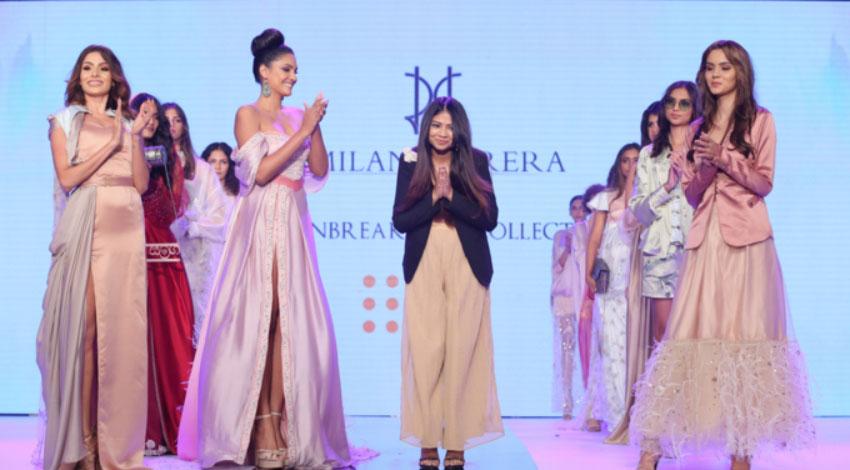
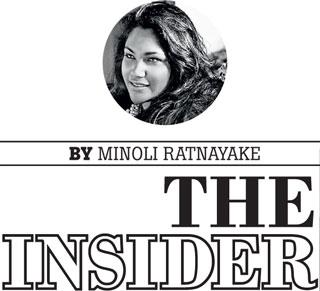 It’s 2021 and women are still having to have conversations around why we are not safe. This week saw two large protests against violence towards women on opposite sides of the globe.
It’s 2021 and women are still having to have conversations around why we are not safe. This week saw two large protests against violence towards women on opposite sides of the globe.
In London more than a thousand mourners and protesters (mostly women) gathered to mark the killing of a 33-year-old woman, hours after the police officer charged with her murder appeared in court. Sarah Everard's disappearance as she walked home on the evening of March 3rd led to a wave of accounts from women about the dangers of walking alone at night, harassment and their dismay at the failure of police and wider society to tackle this.
In Australia, women took to the streets across the country to protest sexual violence as outrage grows over misogyny and dangerous workplace cultures. Thousands of women across Australia protested against sexual violence and gender inequality on Monday. The #March4Justice rallies across the country in over forty Australian cities and towns were held to protest against recent allegations of sexual assault and gender discrimination in political offices. Some of the allegations include that of Brittany Higgins, a Former Government Staffer, who has alleged that she was raped by a colleague in a Minister's office in 2019. And earlier this month, Attorney General Christian Porter vigorously denied swirling accusations he had raped a 16-year-old girl in 1988 when they were both students.
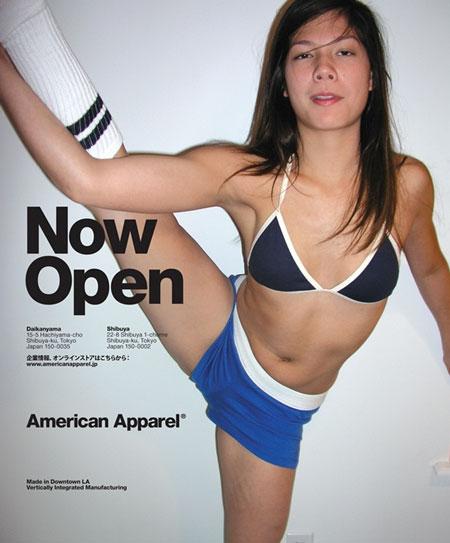 “Even before COVID-19 existed, domestic violence was already one of the greatest human rights violations. In the previous twelve months, two hundred and forty-three million women and girls (aged 15-49) across the world have been subjected to sexual or physical violence by an intimate partner. As the COVID-19 pandemic continues, this number is likely to grow with multiple impacts on women’s wellbeing, their sexual and reproductive health, their mental health, and their ability to participate and lead in the recovery of our societies and economy,” UN Women.
“Even before COVID-19 existed, domestic violence was already one of the greatest human rights violations. In the previous twelve months, two hundred and forty-three million women and girls (aged 15-49) across the world have been subjected to sexual or physical violence by an intimate partner. As the COVID-19 pandemic continues, this number is likely to grow with multiple impacts on women’s wellbeing, their sexual and reproductive health, their mental health, and their ability to participate and lead in the recovery of our societies and economy,” UN Women.
These are just two countries, there is a global increase in violence against women and the fashion industry disgustingly contributes to this. Fashion is an industry that thrives on and thus, should cater to, women, and yet, some brands continue to victimize them through the implicit messages conveyed by prevalent and seemingly innocuous images in advertisements. We are portrayed as vulnerable, available, and insignificant.
| “In the previous twelve months, two hundred and forty-three million women and girls (aged 15-49) across the world have been subjected to sexual or physical violence by an intimate partner” |
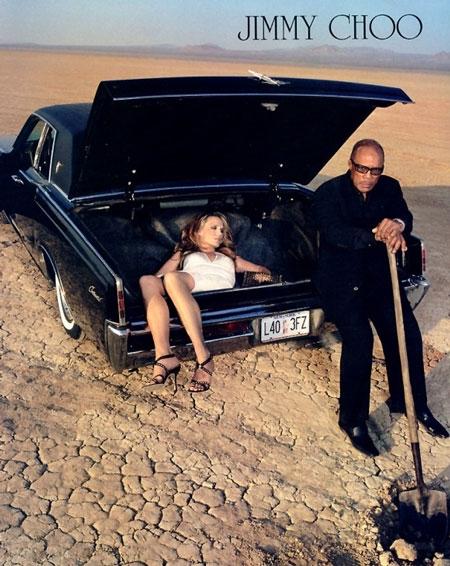 Flick through any fashion magazine and you’ll find a variety of advertisements that portray women as gilded and contrived perfection; depicted as dolls, animals, or objects; contorted; and in various positions, pornographic and vulnerable depicted as desirable. Seemingly innocent and an expression of art these powerful negative media images ultimately contribute to a cultural climate that supports violence, proffering a normative view of women that in turn influences the negative treatment of women.
Flick through any fashion magazine and you’ll find a variety of advertisements that portray women as gilded and contrived perfection; depicted as dolls, animals, or objects; contorted; and in various positions, pornographic and vulnerable depicted as desirable. Seemingly innocent and an expression of art these powerful negative media images ultimately contribute to a cultural climate that supports violence, proffering a normative view of women that in turn influences the negative treatment of women.
Luxury conglomerate LVMH the Paris-based group, who’s stable of brands include Christian Dior, Louis Vuitton, Fendi, Givenchy and beauty retailer Sephora, is one of the major businesses that have pledged to support campaigns involved in ending violence against women.
“LVMH is a socially responsible business; When it comes to urgent issues such as the protection of women and children, an absolute priority in my view, it’s clear that we have a duty to act,” stressed Antoine Arnault, LVMH, Director of Image, Communication and the Environment.
In Sri Lanka last year, the United Nations Population Fund (UNFPA) and Sri Lankan fashion brand label Amilani Perera, embarked on a partnership to address the issue of violence through the fashion and the apparel industry. Women engage in the apparel industry in all aspects, from designing, producing, modelling and beyond, and we must ensure these women are treated equally in their chosen field of employment.
Amilani Perera is a ready-to-wear brand which is driven through a two-pronged motive: providing the wearer with a truly unique garment, and giving back to society. Speaking on the partnership with UNFPA, Amilani Perera, Owner and Founder of the design label, said, “I want the brand to be a voice for women who may be suffering from violence in silence. Fashion can make a bold statement, and it is time that we use this platform to speak up about issues that are often silenced.”
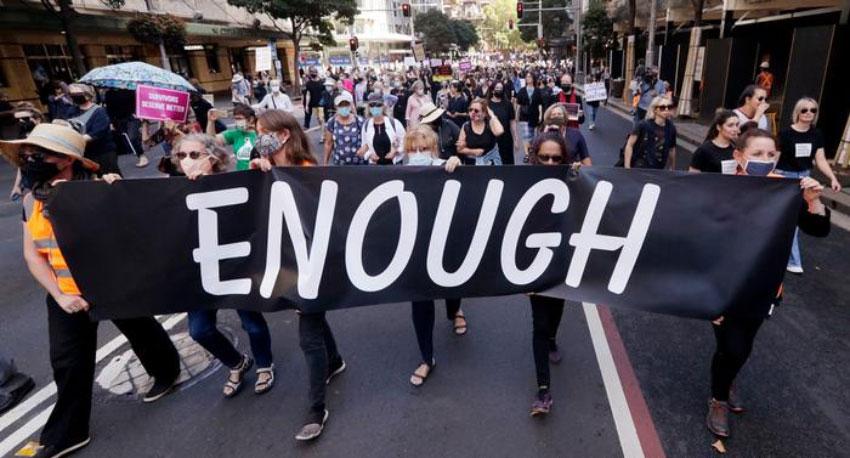
Through the partnership with UNFPA, Amilani Perera will engage survivors of violence in product development, while conducting mentoring programmes to enhance their fashion and design skills. The products also feature hand-paintings by Amilani Perera, and is a part of the brand’s ‘UNBREAKABLE’ collection, which was launched at Colombo Fashion Week 2020. Crowned title-holder of Mrs World 2020, Caroline Jurie, walked the ramp as the showstopper for this revolutionary collection.
“We are excited to join hands with Amilani Perera to reach wider audiences and raise awareness on this important human rights issue. It is often difficult for survivors and their loved ones to speak up about violence, but using forms of art such as fashion can be a powerful outlet to break the silence. Talking openly about this taboo topic in many cultures is a meaningful first step towards a violence-free Sri Lanka,” Ritsu Nacken, Country Representative, UNFPA.
Use your buying power to support brands and programs that encourage the self-esteem and empowerment of girls and women. Consumers should send the requisite message to companies by resisting their products. Don’t buy into brands that use destructive images of women. Remember that it’s a battle and change is reason to keep fighting.
09 Jan 2025 41 minute ago
09 Jan 2025 1 hours ago
09 Jan 2025 1 hours ago
09 Jan 2025 2 hours ago
09 Jan 2025 2 hours ago